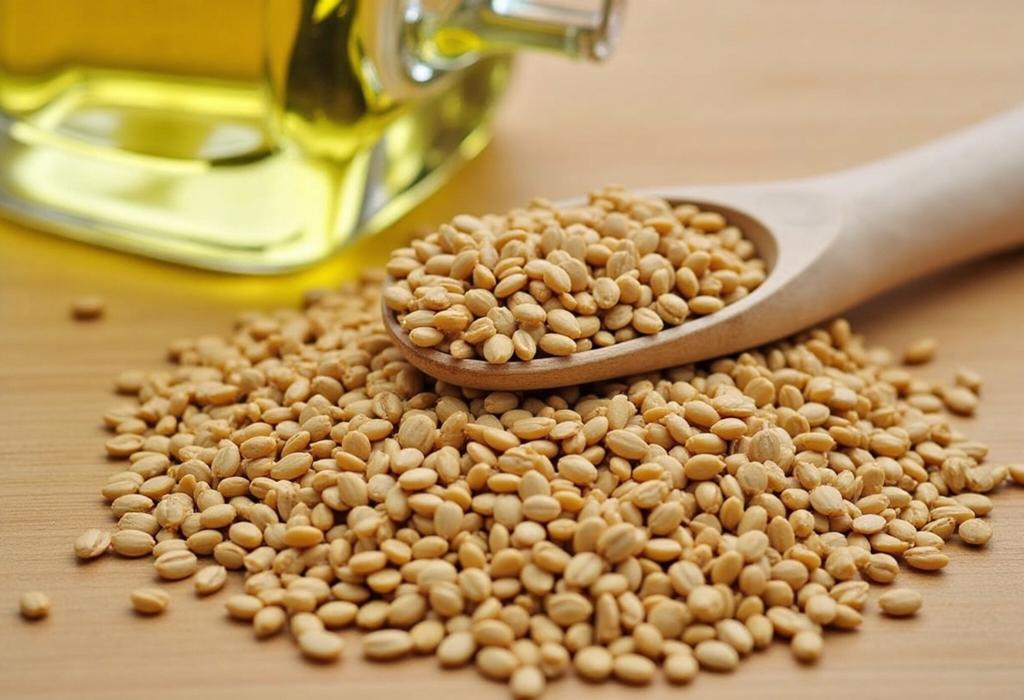In recent developments, experts are raising alarms about the overconsumption of seed and vegetable oils due to emerging research linking these oils to inflammation and an increased risk of aggressive breast cancer. A new study from Weill Cornell Medicine reveals that linoleic acid, a predominant fatty acid found in these oils, may stimulate the growth of breast cancer cells, particularly the aggressive triple-negative subtype. This subtype of breast cancer is particularly concerning as it has a survival rate of 77%, significantly lower than the 90% survival rate for other breast cancer types.
Published on March 14 in the journal 'Science', the study sheds light on the mechanisms by which linoleic acid interacts with cancer cell growth. The research team discovered that linoleic acid activates a growth pathway in tumor cells by binding to the protein FABP5, which is present in high levels in triple-negative breast cancer cells. In preclinical trials involving mouse models, a diet rich in linoleic acid was shown to enhance tumor growth, raising important questions about dietary recommendations for individuals, particularly women at risk of developing breast cancer.
Dr. John Blenis, the senior author of the study and an established cancer researcher at Weill Cornell, noted the significance of these findings, stating that understanding how linoleic acid impacts cancer cell growth could pave the way for more personalized nutritional strategies for patients. While the findings serve as a warning regarding the consumption of seed oils, Dr. Blenis advised against an outright avoidance of these oils; instead, he suggested moderation, especially for high-risk individuals.
Moreover, experts like registered dietitian Stephanie Schiff underscore the importance of a balanced diet. The problem, she indicates, lies in the disproportionate intake of omega-6 to omega-3 fatty acids leading to increased inflammation in the body. Therefore, it is crucial for consumers to maintain a well-rounded diet that minimizes the risk factors associated with these types of oils.
This situation emphasizes the importance of public awareness around dietary fats and their significant role in health outcomes, especially concerning cancer. As research continues to evolve, it will be vital for individuals to stay informed and consult healthcare providers when considering dietary changes to mitigate health risks.
In conclusion, while the study opens doors to new dietary considerations, it also reiterates the importance of a balanced whole-food diet that can serve as a preventive measure against various health issues. The narrative around seed oils must pivot toward informed usage and education rather than fear-based avoidance.
AD
AD
AD
AD
Bias Analysis
Bias Score:
25/100
Neutral
Biased
This news has been analyzed from 11 different sources.
Bias Assessment: This news article presents scientific findings and expert opinions without apparent sensationalism or subjective judgment. It offers a balanced view regarding the implications of dietary fats while emphasizing moderation, thus reflecting a lower bias score.
Key Questions About This Article




